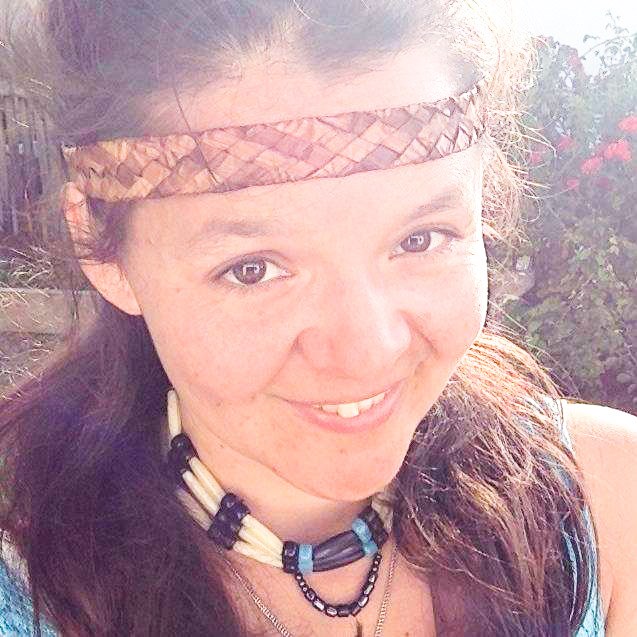“They tried so hard to keep us apart,” says Pulxaneeks at her “Where I Stand” workshop, May 14 at the library. “So it’s amazing that we’re here in this room together.”
Twenty years ago, you would not have found an Indigenous woman teaching thirty islanders about right relationship.
Pulxaneeks, a member of the Haisla Nation, has been giving Indigenous Allyship Training since 2003. “Where I Stand,” was a presentation of Knowing Our Place, a reconciliation initiative conceived by Pauline Le Bel, and generously supported by the Bowen Library and the Bowen Arts Council.
“We’ve all been colonized,” says Pulxaneeks, “and this has shaped us and kept us apart.”
She opens the workshop with a powerful song honouring her ancestors – “the reason I’m here.” A song both ancient and current. A song pulled out of a fierce and tender voice, rooting our feet to the ground. We experience her song filling the room, drawing us into the room, and as her voice is spent we are invited to participate. This work needs all of us.
The first challenge of the evening is to identify on whose land we were born ––which Indigenous Nation occupied the land before First Contact. This is complicated for most of us. Even if we know the history of our birth place, it almost certainly does not include the history of Indigenous presence on the land.
How to come to terms with the fact that our history had to do with the displacement of other people.
We are about to discover a new identity for ourselves. We’re asked to decide whether we are a guest on this land, a settler, uninvited guest, visitor, squatter, immigrant, refugee, asylum seeker, trespasser or descendent of colonizers.
Like many others, I struggle with my identity. My family has been here so long, how could we be considered newcomers? My ancestors emigrated from France in the 1560’s. Two brothers and a sister arrived in what is now called Quebec. They survived because the Huron-Wendat People – “les sauvages” – taught them how to stay warm in Quebec winters, what to eat, what to wear. They shared the food, the land, they intermarried.
And over the past several years, I’ve been welcomed by Indigenous cultures, especially by the Squamish Nation as I researched my book about Howe Sound, Whale in the Door. Does that make a difference? Does that make me an invited guest?
Throughout the evening, Pulxaneeks softens the difficult questions with her lively infectious laughter. She reminds us to take deep breaths and let out a collective sound. Sounds of regret, of longing, of hope for a better way.
At first I choose settler because I am not planning to go anywhere. I am settled here on Bowen. I plan to stay. Later, I decide on guest, because a guest can be asked to leave if they are not acting appropriately. I’m fascinated by the idea of being in this shaky ambiguous position. Makes me more conscious of my responsibility to make things right.
Pulxaneeks’ next training on Bowen is June 1. She also has a two-day training in Vancouver on July 6 and 7. For more information and registration: [email protected].



